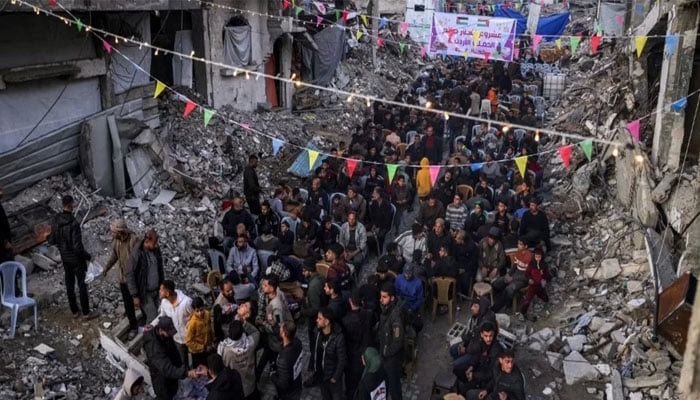For 28-year-old Indian doctor Radhika, saving lives was a childhood dream. However, after the horrific rape and murder of a colleague, her own safety has become a growing concern.
Earlier this month, the battered and bloodied body of a 31-year-old woman doctor was discovered at the government-run hospital where Radhika works in Kolkata, sparking widespread outrage. The victim, who has not been formally named but is being referred to as “Abhaya” or “fearless” by protesters, was found in the hospital’s seminar hall, indicating she had likely gone there to rest during a long shift.
One man has been detained in connection with the crime, but the incident has highlighted the inadequate safety measures for female doctors, triggering protests and medical strikes across the country. Radhika, whose name has been changed for her protection, shared that she had been on night duty just two days before the incident. “What she did is what any of us do – resting whenever, wherever we can,” she said.
The tragic event has resonated deeply with female medical professionals, who face long working hours and challenging conditions. “This could have been any of us, and this still can be any of us,” Radhika added.
The murder has ignited protests, with tens of thousands of Indians expressing their anger not only at the pervasive issue of violence against women but also at the failure to ensure secure working conditions for female healthcare workers. Women make up nearly 30 percent of doctors and 80 percent of nursing staff in India, according to the philanthropic organization Dasra, yet attacks on female medics remain alarmingly common.
In response to the outcry, India’s Supreme Court has ordered a national task force to examine how to strengthen security for healthcare workers, stating that the brutality of the killing has “shocked the conscience of the nation.”



